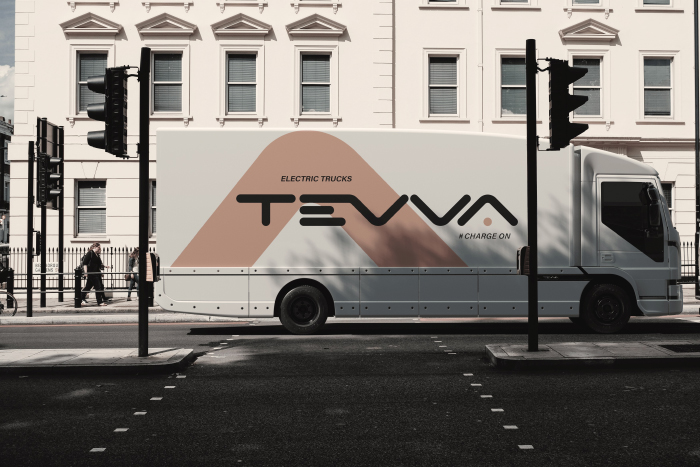Trucks equipped with batteries or powered by hydrogen fuel cells must constitute the overwhelming majority of new truck sales by 2040, in line with regulatory initiatives aimed at curbing CO2 emissions from medium- and heavy-duty vehicles.

However, even these ambitions don’t go far enough. The imperative of transitioning to zero-emission road freight cannot be overstated, given its crucial role in addressing climate change and enhancing public health. Notably, road transport stands as one of the most significant sources of air pollution, resulting in approximately 350,000 premature deaths annually within the European Union alone.

For this reason, we are members of the Transport Decarbonisation Alliance, advocating for a transformative shift, urging that all new freight trucks achieve zero-emissions status by 2035. This would align the commercial freight sector with the effective phasing out of fossil-fuel passenger cars by the same deadline.
Currently, we are participating in Climate Week NYC, focusing on how we can expedite the shift to zero-emission trucks (ZET) as part of the ZET Policy Group. While we acknowledge that progress takes time, we emphasise that swift action is needed and expect to develop a workable and attainable roadmap for faster adoption.
Encouragingly, the technology required to achieve zero-emission road freight is either already available or poised to become viable for nearly all applications. At our advanced manufacturing facility in London, we are producing the Tevva 7.5-t battery-electric truck, with a capacity to manufacture up to 3,000 trucks annually. Additionally, Tevva has developed 7.5t and 19t hydrogen-electric trucks for global markets, with the former successfully completing a 620 mile (1,000 km) demonstration run from Tevva HQ to the Scottish border and back earlier this year.
Fleet operators are increasingly eager to embrace electric trucks, recognizing that reducing emissions aligns with long-term business goals and can deliver immediate reductions in total cost of ownership (TCO). Nevertheless, the economic viability of zero-emission long-haul trucking poses certain challenges. Constraints on charging and refuelling infrastructure, as well as the need for clarity on how TCO savings are demonstrated, loom large. Tevva is actively collaborating with its partners and customers to address these critical factors. We are confident that our electric trucks will not only save organisations money over the vehicle’s lifetime but also enhance fleet and driver performance.
Meeting the proposed reduction targets will undoubtedly be a formidable task unless these issues are effectively addressed. Accelerating deployment necessitates more robust policy support from governments. A blueprint can be found in the generous tax credits and grants outlined in the Inflation Reduction Act and the Bipartisan Infrastructure Law in the United States. These policies are already attracting investments in the clean-vehicle supply chain,in contrast to the relatively less comprehensive policies in Europe.
This presents an opportunity for legislators in other regions, particularly in Europe, to exhibit bold leadership. The prospects of widespread zero-emission truck adoption and our journey toward a climate-neutral future depend on it.

COMMENTS